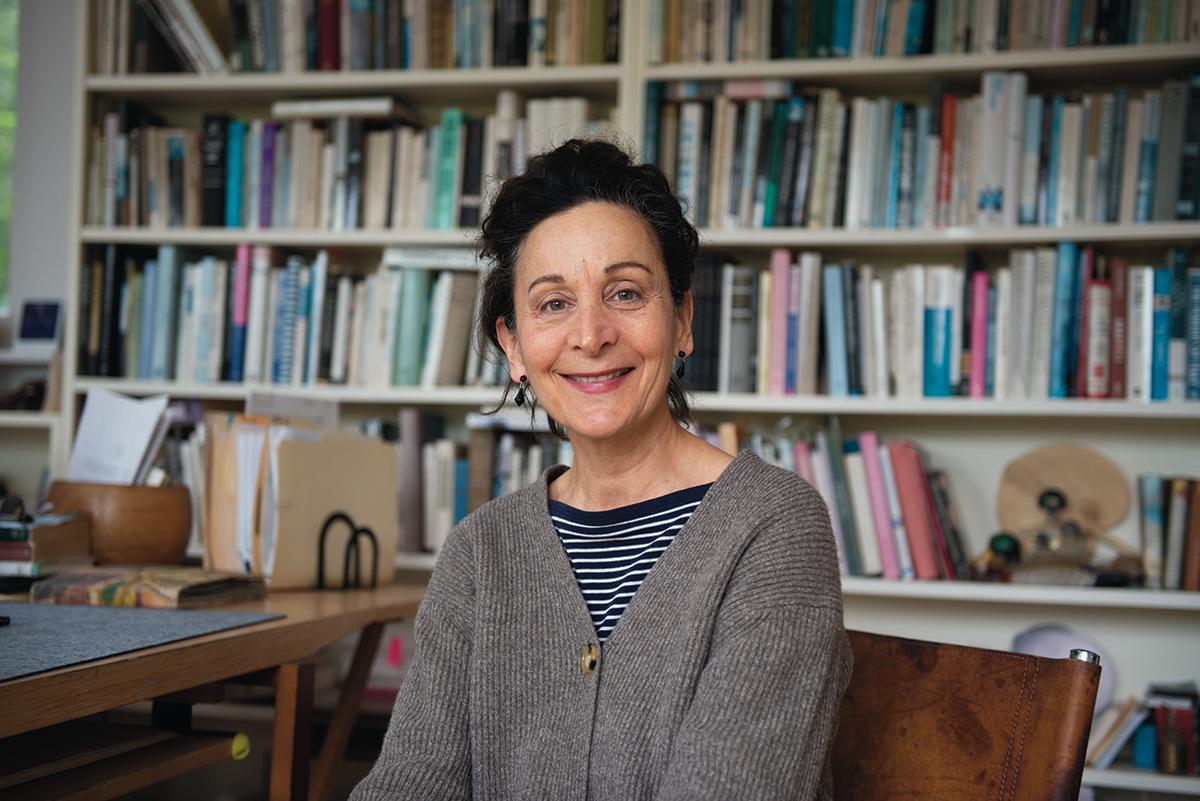Gail Reitano’s first novel, Italian Love Cake, hit the shelves this month. Set on the eve of World War II, the novel features . . .
‘Italian Love Cake’: A novel


Gail Reitano’s first novel, Italian Love Cake, hit the shelves this month. Set on the eve of World War II, the novel features . . .